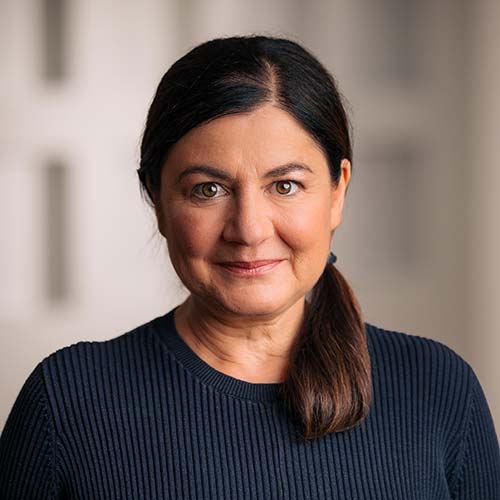How should the farewell to loved ones be organized? How much money should be spent on this? How are decisions made about how and where a burial should take place? Answers to these questions can be found in the "Letzter Weg" study, which FriedWald conducted with the rheingold Institute in summer 2024. The results show that the period of mourning is not only characterized by emotional pain, but also by difficult financial decisions and the resulting conflicts.
Decisions about the funeral under time pressure
Even in the acute phase of mourning, there are various demands: What form of funeral would the deceased have wanted? What suits him or her? How would I and the other relatives like to say goodbye to the deceased? How would they like to remember him or her? The external impact also plays a role - how do you want the funeral to be perceived by others? These questions often have to be clarified under time pressure and great emotional stress.
Funeral costs as a stress factor
Funeral costs can become a major stress factor. Many relatives find it difficult to talk about money in this exceptional situation that the death and loss of a loved one entails. They fear appearing irreverent and at the same time know that the financial burden can be considerable. The conflict of organizing a dignified funeral without appearing stingy or ostentatious puts many bereaved people under pressure. "What is the deceased worth to me financially?"
Implementing the wishes of the deceased in the funeral
Families with unclear financial circumstances in particular experience additional stress. The closer the bond and the more painful the loss, the greater the conflict when it comes to weighing up the costs. And it is particularly painful for relatives if the last wish of the deceased cannot be fulfilled due to financial constraints.
Research method - qualitative interviews and online survey
More than 800 people took part in the online survey who had experienced a death in their family, relatives, friends or acquaintances in the last five years and were responsible or at least jointly responsible for the form and organization of the funeral. In addition, 16 two-hour in-depth psychological interviews were conducted.
Psychological relief through prevention
"In our study, it became clear that the bereaved try to find an external, but also an internal compromise between the emotional and financial aspects," says psychologist and rheingold study director Sebastian Buggert. The decision-making process is facilitated by the clear expression of wishes as well as the financial provision made by the deceased. "This also provides considerable psychological relief for relatives," says Buggert. Those who have already made provisions for the funeral during their lifetime or have clearly formulated their wishes help the bereaved to reduce the emotional and financial pressure. If the last wishes are vague or not formulated at all, attempts are made to match the funeral decisions with the personality of the deceased ('he or she would have wanted it that way').
The idea that the deceased lives on in nature
Burials in the cemetery are still most in line with traditional conventions, which can be very helpful in view of the enormous emotionality of the "final journey", but at the same time are increasingly perceived by many as restrictive. Burials at sea or in the forest are a modern alternative that many bereaved people also find easier, as they entail fewer obligations such as grave maintenance and at the same time convey the feeling that the deceased will live on in nature.
Advice from morticians is important
These less conventional forms of burial offer more individual scope for design, but this also needs to be filled. In most cases, it is the advice of the funeral directors who, with their experience, help to find an individually suitable arrangement between the various requirements.
Further results and information on the study can be found here.





